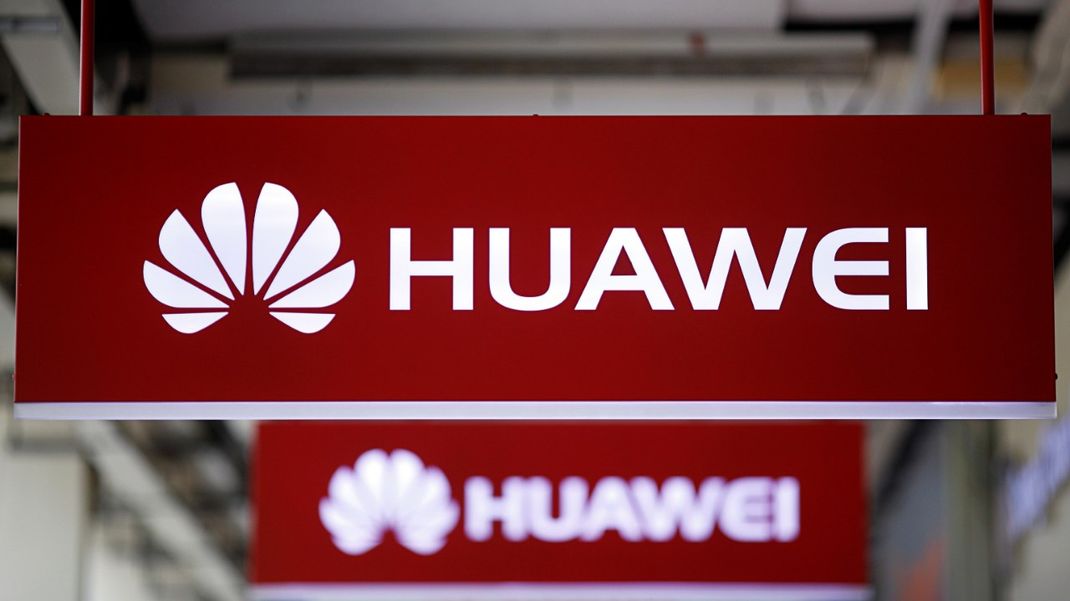US bans Chinese telecom cameras and equipment
The FCC, the US telecom regulator, has banned the sale in the United States of new telecom equipment and surveillance cameras from half a dozen Chinese companies, including Huawei and ZTE. There is also Dahua Technology, Hangzhou Hikvision Digital Technology and Hytera Communications
A ban in the United States targeting Chinese groups
This decision is the latest illustration of the distrust of the United States towards the Chinese tech giants, which they fear that their equipment is used to spy on them. “These new rules represent an important part of our ongoing efforts to protect the American people from national security threats involving telecommunications.”, declared FCC Chairman Jessica Rosenworcel.
The regulator is also considering re-examining the authorizations already granted as well as the procedures for reviewing the bans announced.
In line with that of his predecessor Donald Trump, the Biden administration has adopted a firm line against Chinese telecommunications equipment manufacturers, suspected of spying for the benefit of China. In May 2020, the Trump administration had required Huawei’s subcontractors to request authorization to use American components, effectively blocking the supply to the equipment manufacturer of products manufactured by companies based in the United States. The decision had penalized the group’s activity, especially in smartphones where Huawei has almost disappeared from the market.
The FCC then blacklisted Huawei, ZTE, Hytera Communications, Hangzhou Hikvision Digital Technology and Dahua Technology in March 2021 as companies that pose “unacceptable risk” to US national security. In June 2021, the agency said it was in favor of a plan to ban authorizations granted to Chinese telecommunications equipment companies.
This ban had raised concerns among small telecom operators, which are the only ones to use Huawei and ZTE equipment in their network. In September 2020, the FCC estimated that replacing this equipment would cost them more than $1.8 billion.

